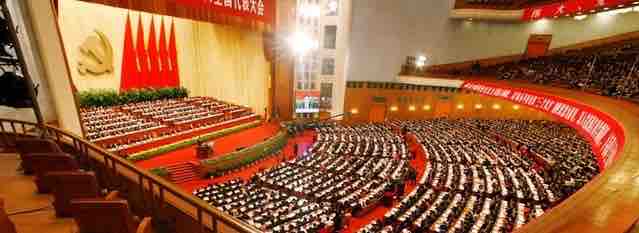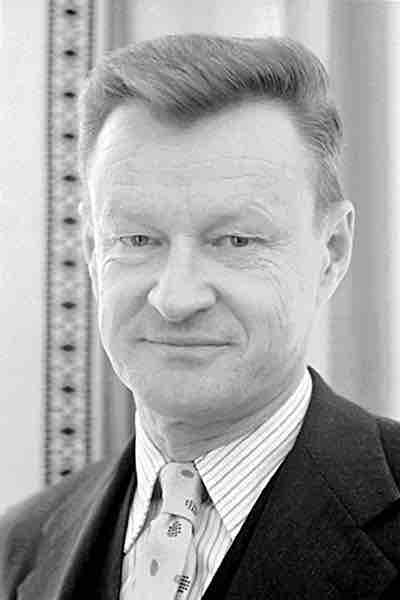Introduction
Authoritarianism is a form of social organization characterized by submission to authority as well as the administration of said authority. In politics, an authoritarian government is characterized by highly concentrated and centralized power maintained by political repression and the exclusion of potential challengers. It uses political parties and mass organizations to mobilize people around the goals of the regime. Authoritarianism emphasizes arbitrary law rather than the rule of law, including election rigging and political decisions being made by a select group of officials behind closed doors. Authoritarianism is marked by "indefinite political tenure" of an autocratic state or a ruling-party state.
An autocracy is a system of government in which a supreme political power is concentrated in the hands of one person, whose decisions are subject to neither external legal restraints nor regularized mechanisms of popular control. By contrast, a single-party state is a type of party system government in which a single political party forms the government and no other parties are permitted to run candidates for election. Typically, single-party states hold the suppression of political factions, except as transitory issue oriented currents within the single party or permanent coalition as a self-evident good. The Communist Party of China's single-party rule of the People's Republic of China is a prominent contemporary example .

Communist Party of China
XVII Congress of the Communist Party of China held in 2007.
Totalitarianism
Totalitarianismis an extreme version of authoritarianism. Authoritarianism primarily differs from totalitarianism in that social and economic institutions exist free from governmental control. By contrast, totalitarianism is a political system where the state holds total authority over the society and seeks to control all aspects of public and private life wherever necessary. The term 'an authoritarian regime' denotes a state in which the single power holder - an individual 'dictator,' a committee or a junta or an otherwise small group of political elite - monopolizes political power. However, a totalitarian regime attempts to control virtually all aspects of the social life, including economy, education, art, science, private life, and morals of citizens. The concept became prominent in Western anti-communist political discourse during the Cold War era in order to highlight perceived similarities between Nazi Germany and other fascist regimes on the one hand, and Soviet communism on the other.
Political scientists Carl Friedrich and Zbigniew Brzezinski were primarily responsible for expanding the usage of the term in university social science and professional research, reformulating it as a paradigm for the Soviet Union as well as fascist regimes. For Friedrich and Brzezinski, the defining elements were intended to be taken as a mutually supportive organic entity composed of the following: an elaborating guiding ideology; a single mass party, typically led by a dictator; a system of terror; a monopoly of the means of communication and physical force; and central direction, and control of the economy through state planning. Such regimes had initial origins in the chaos that followed in the wake of World War I, at which point the sophistication of modern weapons and communications enabled totalitarian movements to consolidate power.

Zbigniew Brzezinski (1977)
A number of thinkers, including Zbigniew Brzezinski, have argued that Nazi and Soviet regimes were equally totalitarian.
Dictatorship
A dictatorship is defined as an autocratic form of government in which the government is ruled by an individual: a dictator. In contemporary usage, dictatorship refers to an autocratic form of absolute rule by leadership unrestricted by law, constitutions, or other social and political factors within the state.
For some scholars, a dictatorship is a form of government that has the power to govern without consent of those being governed (similar to authoritarianism), while totalitarianism describes a state that regulates nearly every aspect of public and private behavior of the people. In other words, dictatorship concerns the source of the governing power and totalitarianism concerns the scope of the governing power. In this sense, dictatorship (government without people's consent) is a contrast to democracy (government whose power comes from people) and totalitarianism (government controls every aspect of people's life) opposes pluralism (government allows multiple lifestyles and opinions).
The wave of military dictatorships in Latin America in the second half of the twentieth century left a particular mark on Latin American culture. In Latin American literature, the dictator novel challenging dictatorship is a significant genre. There are also many films depicting Latin American military dictatorships.